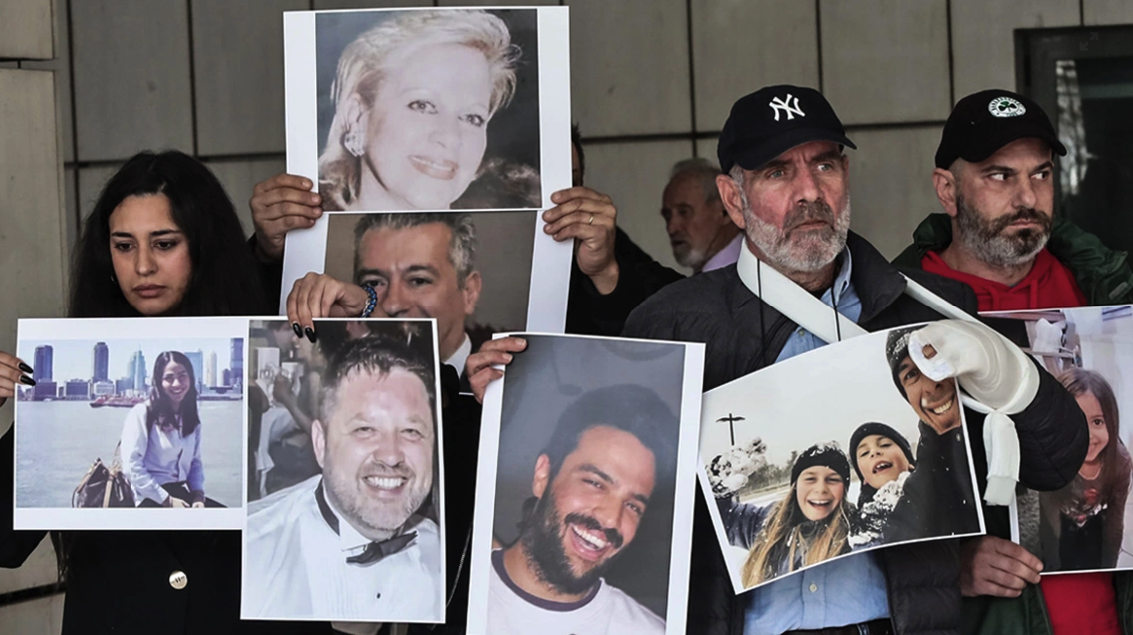The Athens Appeals Prosecutor’s Office has launched a review of the case of the deadly fire in Mati, as it appealed against the decision that caused controversy when the court, after a 19-month process, convicted only 6 of the 21 defendants, imposing sentences of up to 5 years which were converted into fines of 10 euros per day!
The Athens Appeals Prosecutor’s Office proceeded with an appeal on the orders of the Prosecutor of the Supreme Court, Georgia Adilini, and the Chief of the Athens Appeals Prosecutor’s Office, Kalliopi Vardaki.
The appeal filed concerns the whole verdict, i.e. for all the acquitted persons, except for the elderly man who started the fire who was sentenced to 3 years in prison and for whom no appeal could legally be filed.
At the same time, the appeal concerns the sentences, the mitigating circumstances which were granted to the 6 convicted persons, and the conversion of their sentences to a fine of ten euros per day. The appeal was brought by the prosecutor Spyridon Pappas.
Consequently, the case will be brought to trial in its entirety in the second instance.
Furthermore, a race has been launched by the Justice Department to have the decision finalized so that the trial in the second instance can begin in 2024, as there is a risk that any criminal responsibility for all those responsible will be barred by the statute of limitations.
Former NASA engineer says he’s invented a thruster that doesn’t require propellant
The delays in the judicial process caused by the responsibility of competent judicial actors, which led to a decision 6 years after the tragedy, puts the risk of statute of limitations on judicial priorities, as if an irrevocable decision, i.e. a decision by the Supreme Court, has not been issued by 2026, then any responsibilities will be time-barred.
Already on the day after the decision, the President of the Supreme Court, Ioanna Klapa, gave an order for the immediate legalisation of the decision and to this end the President of the Court was relieved of other judicial duties in order to legalise the decision as soon as possible so that the trial in the second instance could be launched.






































